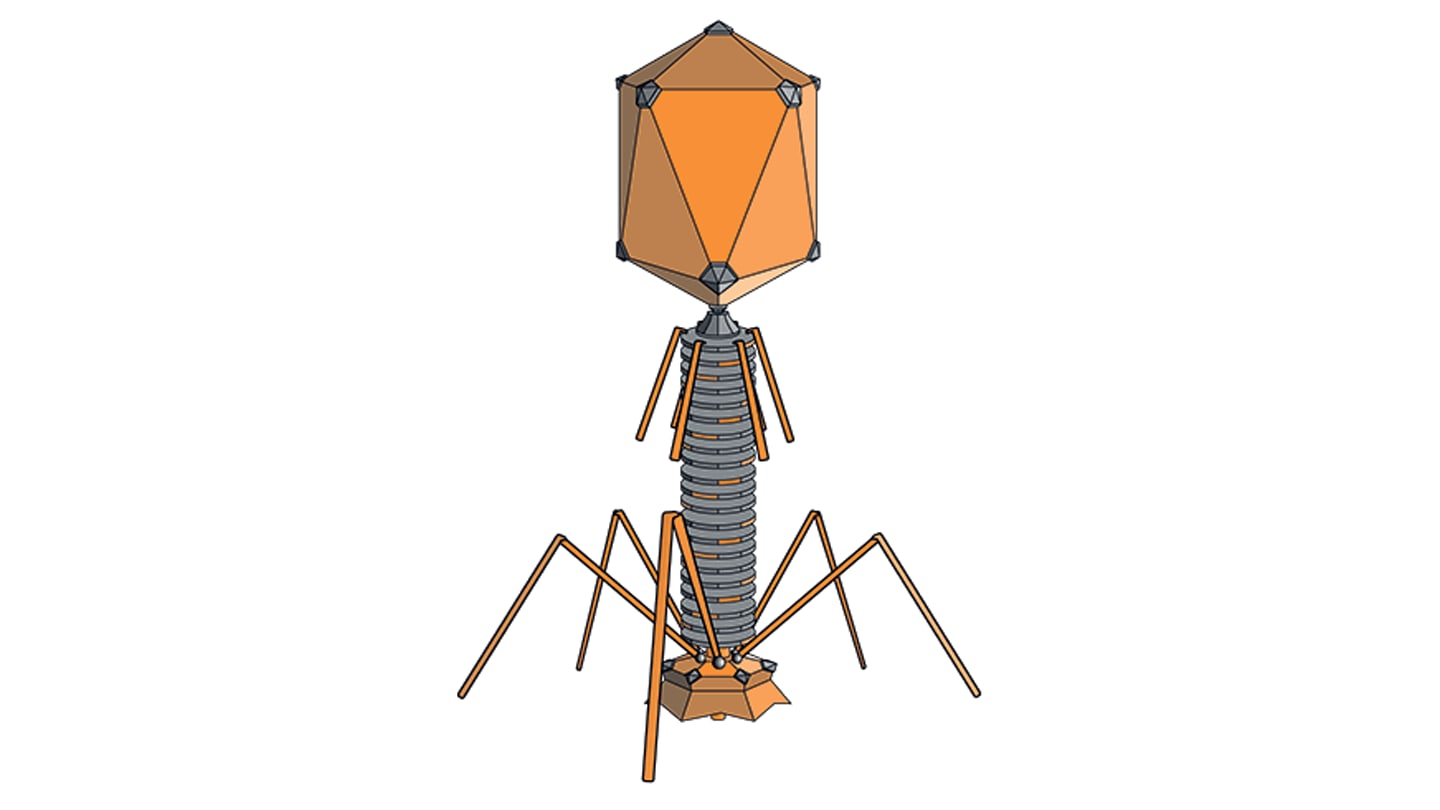
The 2025 Nobel Prize in Physiology or Medicine has been jointly awarded to Mary E. Brunkow, Institute for Systems Biology, Seattle, Fred Ramsdell, Sonoma Biotherapeutics, and Shimon Sakaguchi, Osaka University, Osaka, Japan, for their discoveries on how the immune system prevents itself from attacking the body.
The trio’s work on “peripheral immune tolerance” has changed scientific understanding of autoimmunity and opened new paths for treating diseases from cancer to immune disorders. In 1995, Sakaguchi showed that tolerance was not confined to the thymus, as previously believed. His discovery challenged long-held views by revealing that an additional layer of control existed beyond central tolerance. Six years later, Brunkow and Ramsdell identified a key genetic factor, the Foxp3 gene, while studying a strain of mice prone to autoimmune diseases. Their findings demonstrated that mutations in this gene cause severe immune dysfunction in both mice and humans, leading to conditions such as IPEX syndrome. In 2003, Sakaguchi linked the two discoveries, showing that Foxp3 governs the development of regulatory T cells. Their collective work established the field of peripheral tolerance and inspired new therapeutic strategies for autoimmune diseases, transplantation, and cancer immunotherapy.
The three laureates will share the prize of 11 million Swedish kronor. According to Olle Kämpe, chair of the Nobel Committee, their discoveries “have been decisive for our understanding of how the immune system functions and why we do not all develop serious autoimmune diseases.”




